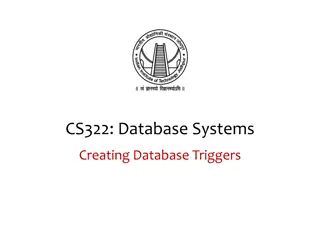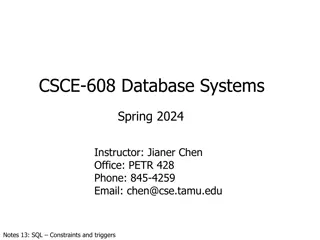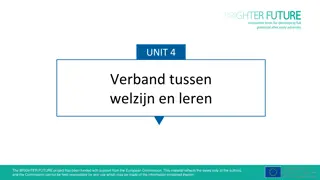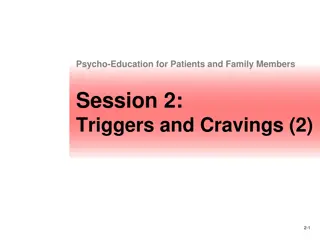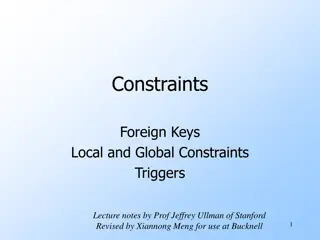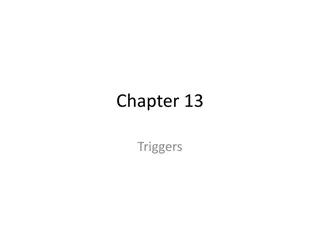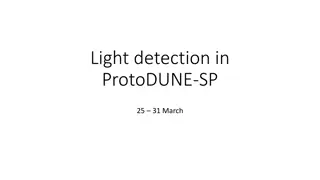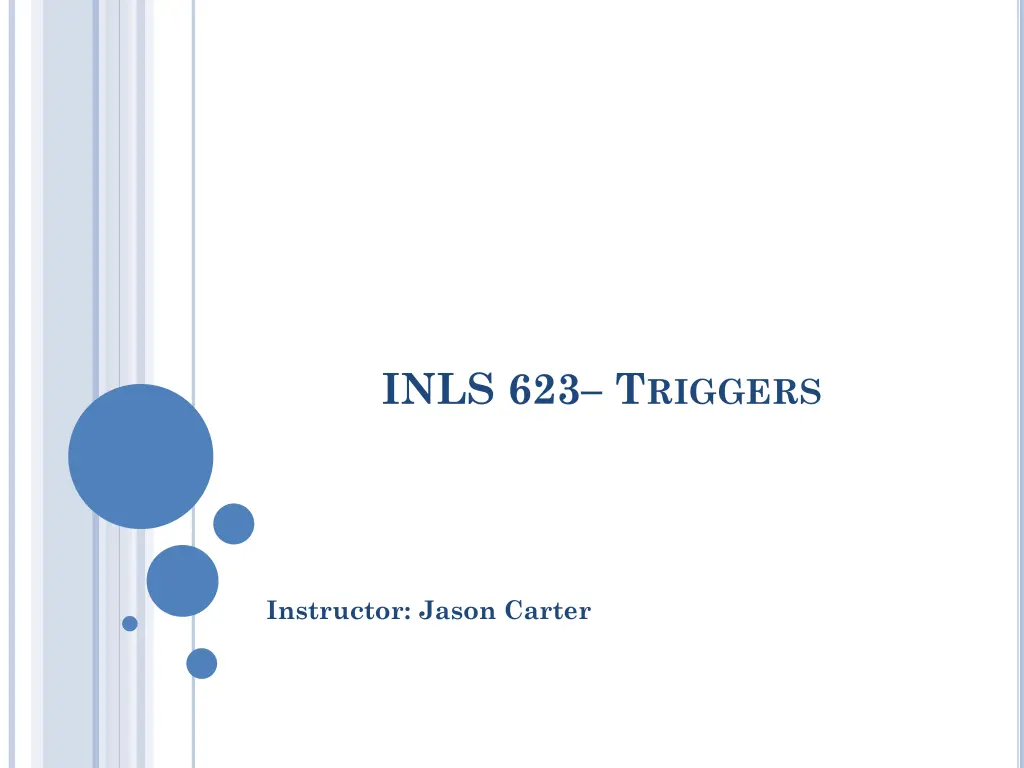
Understanding Database Triggers and Their Advantages and Disadvantages
Explore the concept of database triggers, their purpose, and how they differ from stored procedures. Learn about the benefits of using triggers for data integrity and auditing, as well as the drawbacks such as performance issues and debugging challenges.
Download Presentation

Please find below an Image/Link to download the presentation.
The content on the website is provided AS IS for your information and personal use only. It may not be sold, licensed, or shared on other websites without obtaining consent from the author. If you encounter any issues during the download, it is possible that the publisher has removed the file from their server.
You are allowed to download the files provided on this website for personal or commercial use, subject to the condition that they are used lawfully. All files are the property of their respective owners.
The content on the website is provided AS IS for your information and personal use only. It may not be sold, licensed, or shared on other websites without obtaining consent from the author.
E N D
Presentation Transcript
INLS 623 TRIGGERS Instructor: Jason Carter
TRIGGERS A set of SQL statements stored in the database catalog A SQL trigger is executed or fired whenever an event associated with a table occurs e.g., insert, update or delete A SQL trigger is a special type of stored procedure
TRIGGERS VS STORED PROCEDURES A stored procedure is called explicitly CALL GetAllProducts() A trigger is called implicitly and automatically When a data modification event is made against a table
WHY TRIGGERS? Provide an alternative way to check the integrity of data Uniqueness check: SQL query to check if value exists, if value doesn t exist, insert value Are very useful to audit the changes of data in tables Store business rules in the database
DISADVANTAGESOF TRIGGERS May increase performance (overhead) of the database server The trigger is being run in addition to the original SQL query and could take a large amount of time to execute Difficult to debug Triggers are invoked and executed invisibly from client- applications therefore it is difficult to figure out what happen in the database layer Programmers don t have full control Programmers don t have access to the database Business rules are stored in database and hidden from application
TRIGGERS A trigger is a set of SQL statements that is invoked automatically when a change is made to the data on the associated table A trigger can be defined to be invoked either before or after the data is changed by INSERT, UPDATE, or DELETE statement If you use any other statement than INSERT, UPDATE, or DELETE, the trigger is not invoked (For example TRUNCATE)
WHENA TRIGGERCANBE INVOKED BEFORE INSERT activated before data is inserted into the table. AFTER INSERT activated after data is inserted into the table. BEFORE UPDATE activated before data in the table is updated. AFTER UPDATE activated after data in the table is updated. BEFORE DELETE activated before data is removed from the table. AFTER DELETE activated after data is removed from the table.
NAMINGA TRIGGER Triggers names for a table must be unique Can have the same trigger name defined for different tables Naming conventions order_before_update A trigger invoked before a row in the order table is updated
CREATE TRIGGERS DELIMITER $$ CREATE TRIGGER trigger_name trigger_time trigger_event ON table_name FOR EACH ROW BEGIN ... END$$ DELIMITER;
CREATE TRIGGERS (CONTINUED) Create a trigger to log changes in the employees table Need to create a table to store the changes before an update is made to employees CREATE TABLE employees_audit ( id INT AUTO_INCREMENT PRIMARY KEY, employeeNumber INT NOT NULL, lastname VARCHAR(50) NOT NULL, changedat DATETIME DEFAULT NULL, action VARCHAR(50) DEFAULT NULL );
WHATSHOULDWENAMETHE TRIGGER? Need to create a table to store the changes before an update is made to employees table Tablename = employee Before or After = Before Insert OR UPDATE OR DELETE = UPDATE employee_before_update
CREATE TRIGGERS DELIMITER $$ CREATE TRIGGER employee_before_update trigger_time trigger_event ON table_name FOR EACH ROW BEGIN ... END$$ DELIMITER;
WHATISTHE TRIGGER TIME AND EVENT? Need to create a table to store the changes before an update is made to employees table BEFORE INSERT AFTER INSERT BEFORE UPDATE AFTER UPDATE BEFORE DELETE AFTER DELETE BEFORE UPDATE
CREATE TRIGGERS DELIMITER $$ CREATE TRIGGER employee_before_update BEFORE_UPDATE ON employees FOR EACH ROW BEGIN ... END$$ DELIMITER; What SQL should go here?
SQL IN TRIGGER BODY Goal is to store the changes before an update is made to employees tablein the employees_audit table Employees_Audit employeeNumber lastname changedat (date change was made) action (what action was taken on the employees table) INSERT INTO employees_audit SET action = 'update', employeeNumber = OLD.employeeNumber, lastname = OLD.lastname, changedat = NOW();
WHATDOESTHEOLD KEYWORDMEAN? OLD keyword to access employeeNumber and lastname column of the row affected by the trigger INSERT TRIGGER You can use NEW keyword only. You cannot use the OLD keyword. DELETE Trigger There is no new row so you can use the OLD keyword only. UPDATE Trigger OLD refers to the row before it is updated and NEW refers to the row after it is updated.
CREATE TRIGGERS DELIMITER $$ CREATE TRIGGER employee_before_update BEFORE_UPDATE ON employees FOR EACH ROW BEGIN INSERT INTO employees_audit SET action = 'update', employeeNumber = OLD.employeeNumber, lastname = OLD.lastname, changedat = NOW(); END$$ DELIMITER;
TEST TRIGGER Update the employees table to check whether the trigger is invoked UPDATE employees SET lastName = Phan' WHERE employeeNumber = 1056;
TEST TRIGGER Check if the trigger was invoked by the UPDATE statement SELECT * FROM employees_audit;








